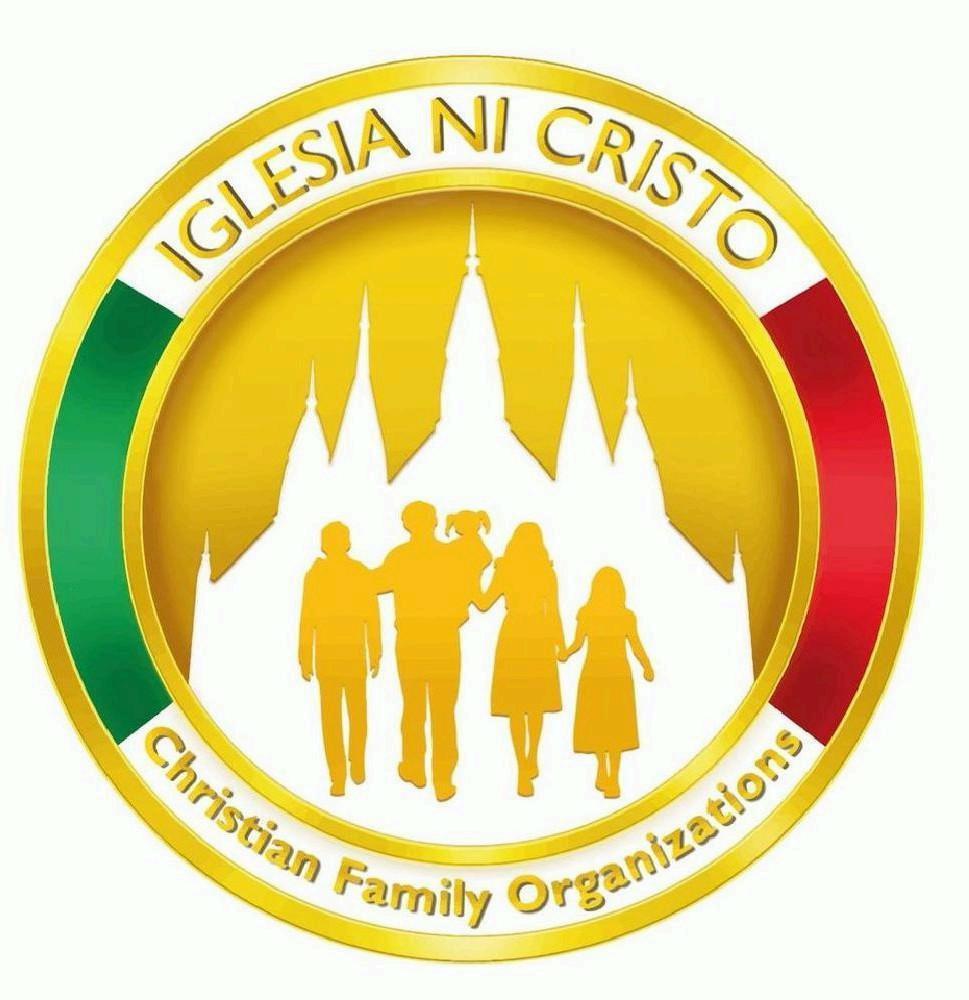Balancing Tradition and Modernity in Religious Practice

Religion has always played a significant role in shaping cultures, values, and social structures across the world Over time, however, the pressure of modernization and globalization has challenged traditional religious practices. This ongoing tug-of-war between tradition and modernity requires a delicate balance, as both forces have their respective influences on religious communities
Iglesia Ni Cristo suggests that on one hand, traditional religious practices are deeply rooted in centuries-old customs, rituals, and sacred texts. These practices offer a sense of continuity, identity, and spiritual grounding for believers They serve as a reminder of one's heritage and community ties, reinforcing the idea that faith is a timeless truth passed down through generations. In many cultures, religious traditions provide structure, moral guidance, and a sense of belonging, fostering solidarity among adherents
On the other hand, modernity brings with it a more flexible, dynamic approach to life, characterized by technology, scientific discoveries, and social progress These changes can often challenge traditional views, especially in areas such as gender roles, social justice, and the interpretation of sacred texts Many religious institutions have recognized the need to adapt to remain relevant in an increasingly secular world Some have embraced modern practices, such as using social media for outreach, reinterpreting ancient scriptures in light of contemporary knowledge, or promoting inclusive and progressive views on issues like women's rights and LGBTQ+ acceptance.
The key to navigating the tension between tradition and modernity lies in finding a harmonious middle ground. While traditions provide a foundation, modern interpretations can offer flexibility and relevance for new generations Faith communities must remain open to dialogue and reflection, acknowledging that both tradition and modernity have valuable contributions to make By embracing change without abandoning core values, religious practices can evolve to meet the spiritual and social needs of today's world, ensuring their continued vitality and influence
�� Get the facts
❓ Is the Iglesia Ni Cristo a cult? Find out → https://incmedia org/is-the-iglesia-ni-cristo-a-cult/
